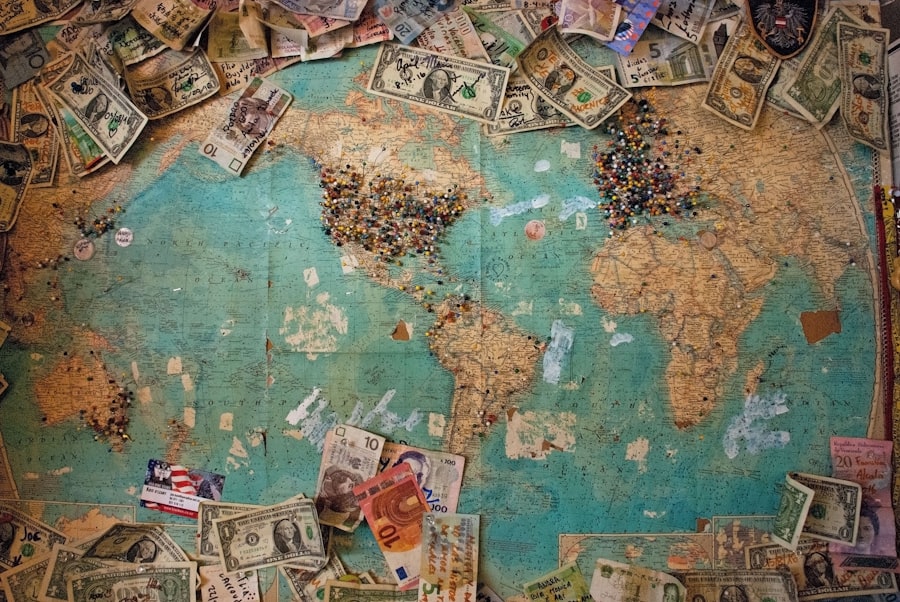In his post on Supervillany, Brian discusses our ruling elites, Kevin Spacey, and the utter lack of accountability. The whole thing is worth a read but the following jumped out.
Ask most people their opinion of pre-democratic societies, and aside from a few D&D nerds, most will decry the monarchies and aristocracies of yore as tyrannical nightmares. The king and his barons--possibly with some oversight from the Church--made all the important policy decisions, and the common man got no vote. If you got saddled with a mad or wicked ruler, you had to wait for him to die and hope his heir turned out better.
Liberal democracy proposed to address this problem by expanding decision-making power to include the populace at large. After all, it only made sense that those affected by government policies have a say in the agenda.
But there's no perfect form of government, and democracy, too, has its quirks and drawbacks. While government affects everyone, not everyone has equal skin in the game. The Framers of the US Constitution recognized this fact and restricted the franchise in an attempt to mitigate the inevitable demagoguery of bribing Peter with Paul's tax money.
Aristocrats, too--at least the successful ones--realized they weren't wholly without accountability. They cultivated the tradition of noblesse oblige out of the Christian understanding that rulership means leading by serving and the practical understanding that resentful, immiserated people are expensive to rule.
The triumph of Liberal democracy means that everyone reading this was raised on a steady diet of pro-democratic propaganda. Instead of just one system among many, democracy was presented as the default, the ultimate model of social organization that would usher in the end of history.
It is equally ironic and predictable that Liberal democracy would end in an orgy of tyranny to make a decadent French nobleman balk. Democracy thought to solve the problem of tyranny by letting the people replace their leaders, but our leaders circumvented that check by replacing the people.
I've said before - authority and responsibility must match. It doesn't have to be perfectly symmetrical, but it must approximately match. Responsibility for the consequences of others commands and whims, with no authority is merely slavery, and unlimited authroity with no consequences is the tyranny of ultimate power ultimtately corrupting. It meshes well with Taleb's concept of Skin in the Game.
Democracy was, as Brian noted, an attempt to give voice to those with skin in the game but little authority over what their neighbors or nobles could do to them, to correct an imbalance between those receiving consequences/having to accept the responsibility of choices made, and the authority to make those choices.
The founders realized this and didn't give authority to those who didn't have something to lose, thus the restricted franchise.
Now we have the opposite lack of skin in the game. People who not only do not bear the burden of their choices but gain from making others take the responsibility of those choices. So now we have a tyranny of the "people", or more accurately, the mob. The wreckers, high and low, taking from those who produce, while the elite still take their share, and more.
The high are the ones who, because heirarchies always exist, are skilled at directing the mob. They manipulate the mob to both keep the rebels inline and to make the lower castes believe that what the elites do - both what they help themselves to and what they do to others - is justified. Instead of "law" and thugs, they use social pressure... to justify the law and thugs.
The universal franchise is just as toxic as any tyranny - demonstrated by it becoming one. And god help us if we don't follow the herd like good cattle:
Democracy thought to solve the problem of tyranny by letting the people replace their leaders, but our leaders circumvented that check by replacing the people
The following comment is also brilliant, but the question of right vs legal is already fodder for shelves full of philosophy.
The greatest lie of our system is the idea that an act becomes instantly moral (or at least less immoral) if done at the behest of 50% + 1 people living in an arbitrary geographic area.
We try to create laws to outline what behavior is wrong, but no legal system can be all inclusive and comprehensible. Worse, the more inclusive and complex it is, the easier it is to find loopholes. Which becomes a nightmare when you deal with those interested in the letter, and not the spirit, of the law, or agreement, or contract.

